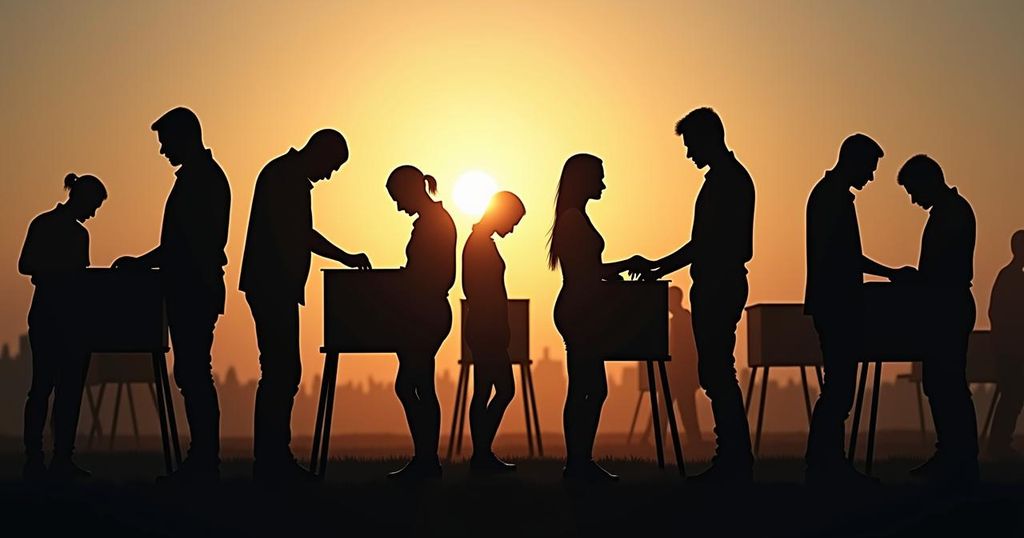Brazilians Vote in Tense Local Elections, Marking a Turning Point in Political Dynamics

On October 6, 2024, Brazilians began voting in local elections, highlighting tense races particularly in Sao Paulo and Rio de Janeiro. The elections were characterized by controversies involving candidate Pablo Marçal and rising challenger Alexandre Ramagem. Over 155 million voters participated, with increased representation of transgender candidates and significant support for women in the electorate.
On October 6, 2024, Brazilian citizens participated in the first round of local elections across 5,569 municipalities, casting their votes for mayors, deputy mayors, and council members. The competition was particularly fierce in Sao Paulo, where incumbent mayor Ricardo Nunes faces challengers Guilherme Boulos of the Socialism and Liberty Party, and the far-right political figure Pablo Marçal, creating a tightly contested race that could necessitate a runoff slated for October 27. The Sao Paulo elections have been overshadowed by episodes of violence involving Marçal, highlighted by a shocking incident where he was attacked on stage during a debate. Moreover, Marçal published a falsified medical report alleging cocaine use by Boulos; this document was quickly discredited by local news outlets. Following these controversies, a judge ordered Marçal’s Instagram account to be suspended for 48 hours, citing potential violations of the Electoral Code. In Rio de Janeiro, incumbent Eduardo Paes faces a challenging election against Alexandre Ramagem, whose recent rise in the polls has rendered the outcome unpredictable. Ramagem’s candidacy has received support from former President Jair Bolsonaro, adding another layer of complexity to the electoral landscape. Overall, over 155 million Brazilians were eligible to vote, with a notable representation of women constituting approximately 52% of the electorate. Additionally, nearly 1,000 transgender individuals are participating in this election cycle, marking a significant increase in representation since the last elections. Polls for the elections opened at 8 a.m. and concluded at 5 p.m. Brasilia time, with localities having more than 200,000 voters being eligible for a second round if no candidate achieves an outright majority.
The local elections in Brazil represent a pivotal moment in the nation’s political arena, wherein citizens determine their municipal leaders. The election context in 2024 reveals significant frictions within political camps, particularly in major cities such as Sao Paulo and Rio de Janeiro. The involvement of prominent national figures, the implications of past presidential elections, and the shifting dynamics of voter demographics all contribute to the significance of this electoral event. Furthermore, the inclusion of diverse candidates, particularly from marginalized communities such as the transgender population, captures an evolving political landscape that reflects broader societal changes in Brazil.
The local elections in Brazil on October 6, 2024, signify both a critical engagement of the electorate and reflect the ongoing tensions within the political system. As major cities like Sao Paulo and Rio de Janeiro contend with contested races marked by violence and scandal, the potential outcomes carry implications for future governance and political dynamics within the country. The significant representation of women and transgender candidates indicates a burgeoning inclusivity in Brazilian politics, while the backing of prominent figures highlights the intertwining of local and national political landscapes, setting the stage for potential shifts in power.
Original Source: apnews.com







